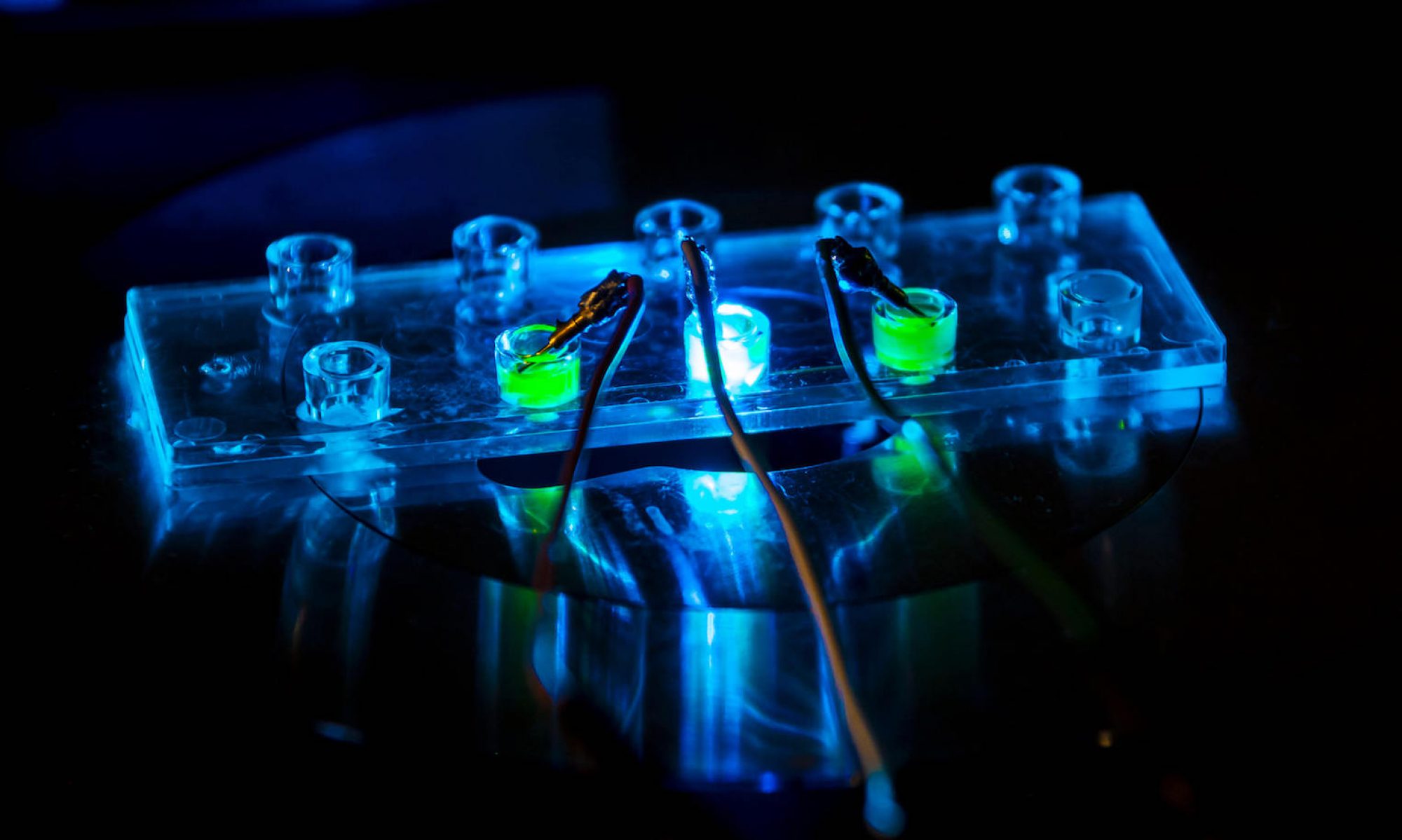At present there is no effective therapy to Alzheimer’s disease and the mechanism of the disease is not fully understood. Recently, exosomes – nanosize membrane vesicles that are present in all bodily fluids – have been shown to play an important role in the remote communication between cells and to be able to pass the blood-brain barrier. EXIT aims to develop a state-ofthe- art, nanotechnologically driven, analytical platform for the isolation of exosomes from bodily fluids, designed to investigate metabolic, proteomic, immunologic and transcriptional changes in Alzheimer’s disease. The basis of this platform is a novel electro-driven separation and concentration method. EXIT will integrate nanotechnology, transcriptomics, genetics and metabolomics with large existing EU biobanks, enabling the investigation of large sample cohorts of paired cerebrospinal fluid and blood. Within EXIT nanotechnologists, analytical chemists, biologists, geneticists, epidemiologists and clinicians will work together to make the longawaited breakthrough in exosome isolation and rapidly translate this breakthrough into etiologic, preventive and therapeutic applications.
Partners involved
Academic research – industry – hospitals
Duration
36 months
1st April 2018 – 31st March 2021
Funding
This project received funding from EuroNanoMed III (2016-2021), an ERA-Net Cofund Action on Nanomedicine under Horizon 2020.

